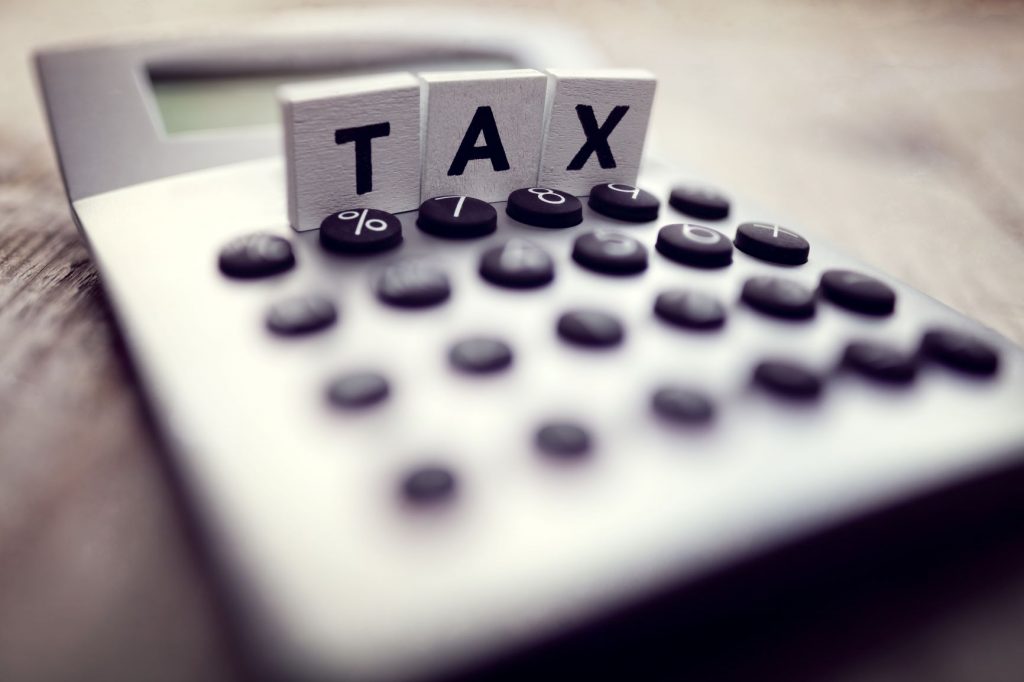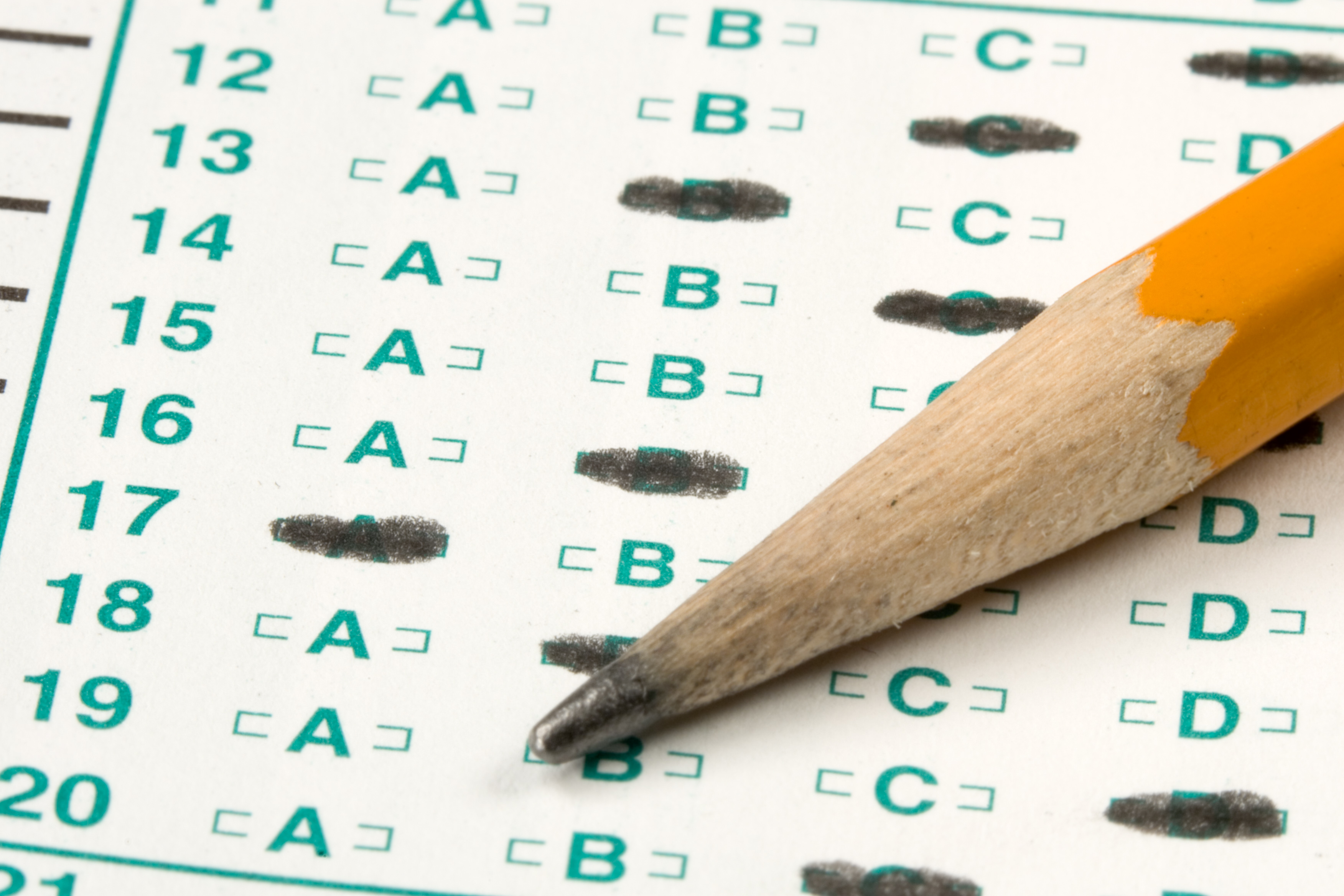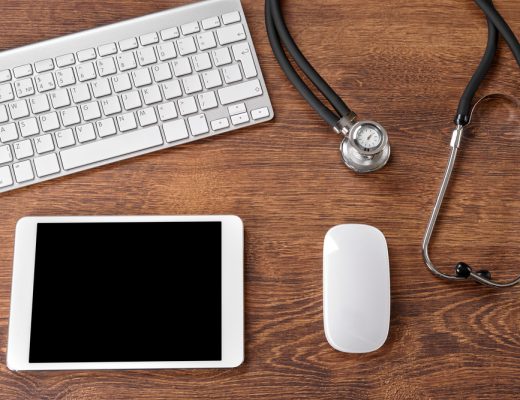 Working as a junior doctor comes with lots of challenges – including balancing a busy rota with home life whilst also preparing for exams and assessments. Membership exams can be expensive and you may also be thinking about additional qualifications or diplomas to further your career options later on. In this article Dr Mahibur Rahman looks at 9 ways you can save money or increase your take home pay with little or no impact on your work life balance.
Working as a junior doctor comes with lots of challenges – including balancing a busy rota with home life whilst also preparing for exams and assessments. Membership exams can be expensive and you may also be thinking about additional qualifications or diplomas to further your career options later on. In this article Dr Mahibur Rahman looks at 9 ways you can save money or increase your take home pay with little or no impact on your work life balance.

1. Claim all the relevant allowable expenses against tax. Many junior doctors don’t claim allowable expenses and end up paying more tax than they need to. All of the following are allowable expenses:
- GMC registration
- Indemnity
- BMA membership
- Royal College membership fees (e.g. Associate in Training membership for GP trainees)
- Cost of sitting Membership exams if mandatory to your training (e.g. MRCGP)
To claim a tax refund / reduction you can either complete form P87 or contact HMRC directly if the amount is less than £2,500, or complete a self-assessment form or setup a HMRC personal tax account for higher amounts. If you haven’t claimed in the past, you can make a retrospective claim going back 4 tax years.

2. Claim travel expenses. If you do any business mileage or attend a course whilst on study leave, you can usually claim travel expenses. This is particularly important if you are doing a lot of work related mileage (e.g. GP registrars doing home visits). If you work at different sites during your rotation, you can usually claim excess mileage when a particular hospital is further than your base hospital. Your employer may have rules on how to claim – e.g. submitting a mileage log, or completing a claim within 1 month of the journey so check that you meet the requirements and make sure you claim within the deadline. Claiming all your eligible business mileage could make a difference of several hundred pounds a year in take home pay (and in some cases over a thousand pounds a year).
3. Plan ahead to maximise your study leave / budget. You may find that there are courses organised by your deanery that are available at a lower cost for local trainees. Often places get filled quickly, so you may end up paying full price elsewhere. There may also be courses available for free e.g. some hospitals or organisations offer BLS + AED training without charge to local doctors. Try to use all your study budget and leave, as often it cannot be carried over from one year to the next. By planning ahead, you can ensure you can arrange swaps to get away for courses that are relevant to your development. Once you complete training, you may have no study budget and may also not get paid time off for courses.
4. Avoid paying for things that you can access for free as junior doctor. Anyone working in the NHS can get access to thousands of journals via the OpenAthens account, and you can access hundreds of high quality e-learning modules free of charge via e-learning for healthcare.
5. Maximise the benefits of subscriptions you are already paying for. BMA members can borrow medical textbooks at low cost (just pay for return postage) – this could save you a few hundred pounds when preparing for membership exams. MPS members can access courses worth over £1000 covering communication skills, dealing with complaints, safe prescribing, dealing with difficult patient interactions and get free e-learning for the MRCGP AKT as part of their membership. MPS members an also get a discount on a variety of courses related to entering specialty training, MRCGP AKT, MRCGP CSA and GP careers.
6. Check if you can get a discount for working for the NHS. Lots of companies offer discounts but they are not widely advertised. E.g. Vodafone, Nando’s, Apple, EE. Some deals may be available for local service providers e.g. gyms / leisure centres. It is worth asking – if they say no, you haven’t lost anything!
7. Get cashback on things you are going to need anyway. Sign up to sites like Topcashback or Quidco and see if there is cashback available. You could end up getting a few hundred pounds back each year for a few minutes work – for example you can often get £50+ cashback on car insurance – an expense most of us are going to incur anyway! Cashback may also be available on flights, hotels, mobile phone contracts, broadband, utilities and more.

8. Get help from the government with childcare costs. If you have young children, you may be able to apply for the new Tax Free Childcare (TFC) scheme – this offers a 20% government top up towards childcare costs for children up to 12 years old – the maximum you can claim is £2000 per year per child. This is on top of the 30 hours free childcare that you may also be eligible for. TFC can be used for registered childminders, nurseries, and even towards the costs of childcare at a private school (e.g. after school clubs).
9. Get a TOTUM card if you are eligible (previously NUS extra). There are lots of discounts available for students with this card (e.g. discounts on Apple products, train / coach travel, car hire, restaurants, clothes shops etc.). As a doctor in training, you may be able to apply if your royal college is affiliated. Currently, trainees in GP, Medicine (RCP), Psychiatry, Radiology, Surgery, Paediatrics, Obstetrics, Pathology and Emergency medicine are all eligible to apply as the relevant colleges are registered as educational institutions. The card costs £32 for 3 years, so only buy it if you are going to make use of the discounts. If you are not eligible for this, anyone working in the NHS can apply for the Blue Light card, which also offers many discounts (although not as many as the Totum card).
These are some simple ways that you can increase your take home pay or reduce some of your costs without eating in to your home life. If you have any other suggestions on ways junior doctors can save money easily, please do post in the comments!




No Comments